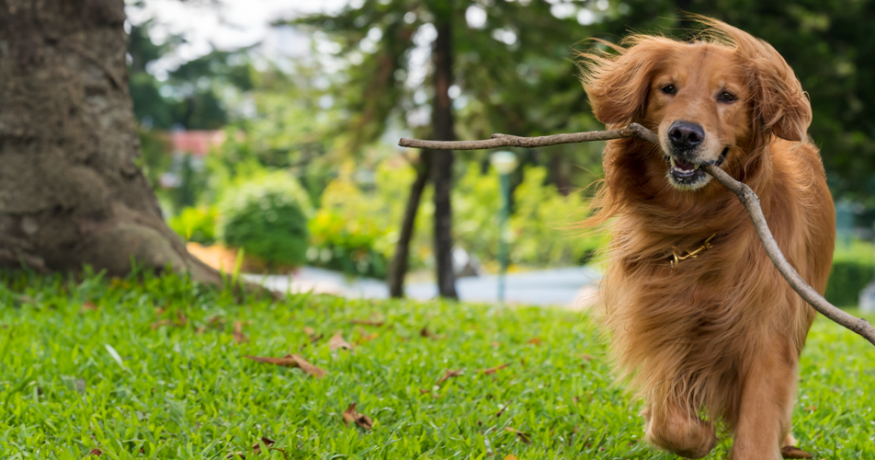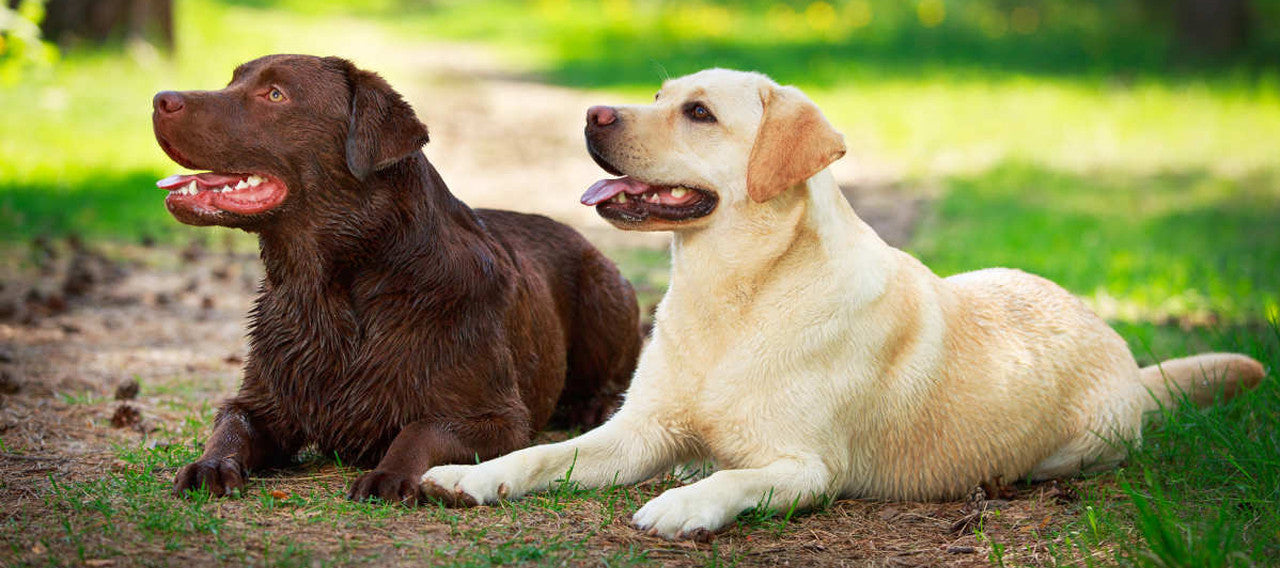
The Golden Retriever is one of the most beloved dog breeds worldwide, known for its friendly and tolerant attitude. Whether you're looking for a family pet, a therapy dog, or a hunting companion, the Golden Retriever is a versatile and affectionate breed. In this blog post, we'll cover the basic data about Golden Retrievers, including their history, characteristics, and care needs.
Origin and History
The Golden Retriever was developed in Scotland in the late 19th century. The breed was originally created to retrieve game for hunters, particularly in the challenging and often wet terrain of the Scottish Highlands. They were bred from a mix of retrievers, spaniels, and other breeds to produce a dog with a gentle mouth, keen sense of smell, and a love for water. Today, Golden Retrievers are known for their intelligence, versatility, and their role as one of the most popular dog breeds worldwide.
Physical Characteristics
- Size: Golden Retrievers are medium to large-sized dogs, with males typically weighing between 65-75 pounds and females between 55-65 pounds.
- Height: Males stand about 23-24 inches tall, while females are 21.5-22.5 inches tall.
- Coat: They have a dense, water-repellent double coat that comes in various shades of golden, ranging from light cream to dark gold.
- Lifespan: Golden Retrievers typically live between 10-12 years, although some may live longer with proper care.
Temperament and Behavior
Golden Retrievers are known for their friendly, tolerant, and gentle nature. They are highly intelligent and eager to please, making them easy to train and an excellent choice for first-time dog owners. Their affectionate personality makes them great family pets, especially in households with children. They are also highly social dogs that thrive on human interaction and can become depressed if left alone for extended periods.
Care and Maintenance
- Exercise: Golden Retrievers are active and energetic dogs that require regular exercise to stay healthy. Daily walks, playtime, and activities like swimming or fetching are essential to keep them physically and mentally stimulated.
- Diet: A balanced diet is crucial for maintaining the health and vitality of a Golden Retriever. High-quality dog food that meets their nutritional needs, along with portion control, is recommended to prevent obesity.
- Grooming: Regular grooming is necessary to maintain the Golden Retriever's coat. They shed moderately throughout the year and heavily during seasonal changes, so frequent brushing is essential to keep their coat healthy and minimize shedding.
- Health: Golden Retrievers are prone to certain health issues, including hip dysplasia, elbow dysplasia, and certain cancers. Regular veterinary check-ups, a healthy diet, and adequate exercise can help manage these risks.
The Golden Retriever is a loyal and affectionate breed, known for its friendly nature and versatility. Whether as a family pet, therapy dog, or working companion, Golden Retrievers bring joy and companionship to millions of homes worldwide. By understanding the basic data about this breed, you can ensure that a Golden Retriever is the right fit for your family and provide them with the care they need to thrive.
Understanding the essential aspects of the Golden Retriever will help you provide the best care for this wonderful breed, ensuring a happy and healthy life for your furry friend.


:strip_icc():format(webp)/dog-breed-profile-golden-retriever-1117969-hero-da398f6462704058ace0ef5ae007866d.jpeg)

:strip_icc():format(webp)/shih-tzu-dog-breed-profile-1117999-hero-5541b7f6f936478ca766d85ff5af202e.jpeg)
:strip_icc():format(webp)/toy-dog-breeds-great-pets-5114832-03-76ec3f8ce0b840f097959b2e38db4bca.jpg)
:strip_icc():format(webp)/french-bulldog-breed-profile-1117966-hero-4f2e84633a854d4c8edf6e1f588aaa64.jpeg)
